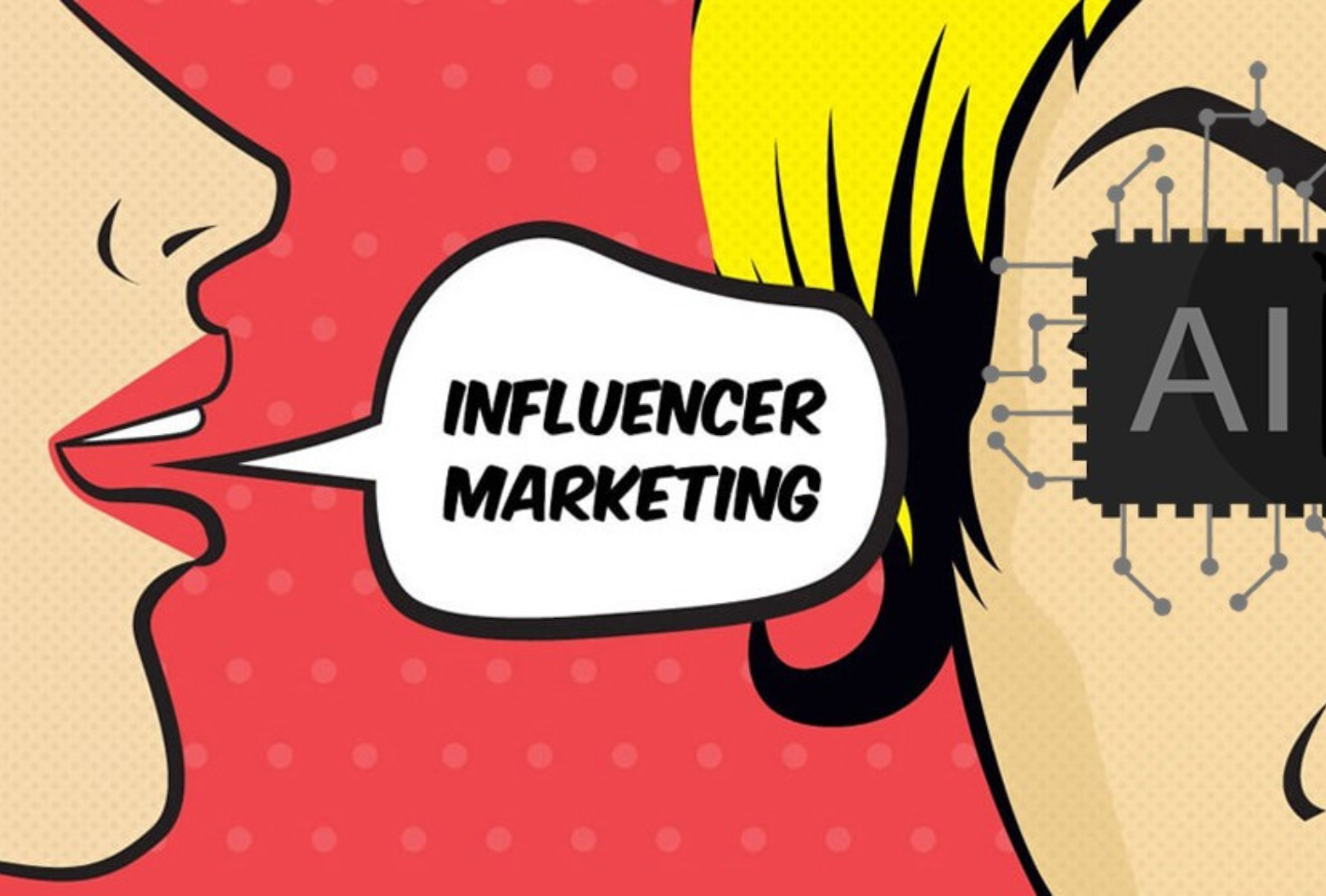Friday, August 22, 2025
AI, Data, and Hyper-Personalization: The New Frontiers of Influencer Marketing

Influencer marketing is undergoing a major transformation: the era of AI , data , and advanced personalization . Gone are the days when influencers were chosen based solely on their follower count. Today, brands rely on predictive analytics tools, intelligent algorithms, and ultra-fine segmentation to target the most relevant audience and optimize their ROI . This technological revolution opens up new perspectives, but also imposes new challenges.
The rise of AI in influencer marketing
Artificial intelligence has become a key tool for identifying the most suitable creators for a campaign. Specialized platforms now use machine learning to:
- Analyze the relevance between audience and brand target
- Evaluate the quality of interactions
- Predict campaign performance before it even launches
For example, a tool like Kolsquare or Traackr can calculate the probability that an influencer will generate a certain conversion rate, thus reducing the risk of ineffective investments.
Data as a decision-making engine
Data is now at the heart of brand strategy . Brands are no longer satisfied with raw figures; they are examining:
- The precise demographics of the audience
- The real engagement rate (excluding artificial likes)
- Anomalies that reveal a potential subscriber purchase
With this data, they can make decisions based on facts, not impressions.
Hyper-personalization of campaigns: towards unique experiences
Personalization is no longer a luxury, it's a necessity. AI makes it possible to adapt:
- The message according to the values and interests of the public
- The format (stories, short video, live, long post) according to consumption habits
- Timing based on when the audience is most receptive
This approach not only increases relevance, but also memorability and engagement.
Use cases and concrete examples
Some fashion brands are already using AI to recommend products to influencers to promote based on real-time trends. In tech, we're seeing campaigns where each audience segment receives slightly different content, optimized by algorithms. The result: a 20-40% higher conversion rate .
Limits and ethical issues
This revolution also raises questions:
- How can we ensure transparency in the use of algorithms?
- How can we avoid biases that exclude certain creators or audiences?
- How to protect consumers' personal data ?
The brands that will succeed will be those that combine innovation and responsibility.
Towards a hybrid future between human creativity and technological power
AI and data will not replace human creativity. The most successful campaigns will be those that use technology as an amplifier , not a substitute . The future of influencer marketing will therefore be hybrid: a combination of intelligent analysis and authentic creation .
Summary
The future of influencer marketing relies on the intelligent integration of AI, data, and personalization. These tools enable better targeting, campaign optimization, and increased ROI, while requiring ethical vigilance. Brands that balance technological power with humanity will win the trust and attention of their audiences.
